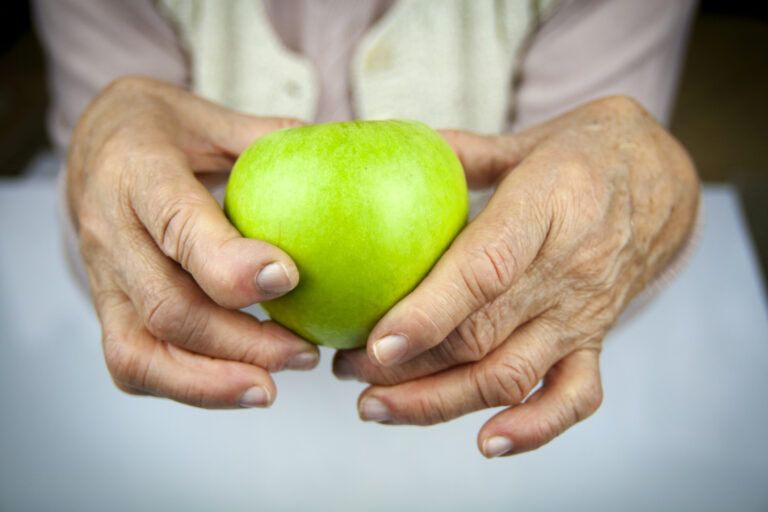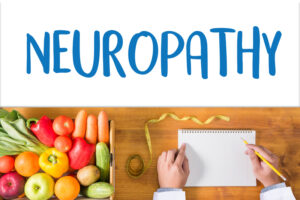So often, we think that our bad food choices only affect our digestion, and maybe diabetes as well. But does food have a direct bearing on our joints? Absolutely!
The food we eat isn’t just about satisfying a piece of meat in our mouths called a tongue. It is about nourishing our tissues to keep them strong, flexible, and supportive to our frame for the rest of our lives. After all, we only get one body in this lifetime. Is it going to last us with ease and comfort, or be a torture to us for years or even decades? One important deciding factor is what we put in our mouths.
On a very regular basis, when I ask my patients how they are doing, someone responds “You were right! I learned for myself how ______ affects my joints. Fill in the blank. Most of the time it’s sugar: “You were right! I had a candy bar and now my joints are swollen and painful!” Or “I ate wheat…” or “I ate potatoes…” Being aware of how food affects you is the first step in overcoming inflammation of the joints.
We often hear about the “nightshade family” – the family of inflammatory foods which consist of tomatoes, potatoes, eggplant and peppers. A large number of arthritis sufferers find that eating those, does, indeed, affect their joints negatively. However, although they are inflammatory to many, it doesn’t mean they are to you. The best thing to do is test it out: go 100% off all of them for two weeks. Be careful that you don’t accidently eat pepper as a seasoning or as an ingredient in a spice blend. After 2 weeks, test one thing at a time. Eat it for breakfast, lunch and dinner for a full day. See how your joints feel that day and the next. Then add another until you have tried them out and either identified a culprit or ruled them out.
Other foods can be inflammatory as well: gluten is a big one. Some also react to dairy products. Anything that you have a sensitivity to can increase inflammation in general in your body, not just your joints.
Likewise, there are foods that are helpful to the joints. You need vitamin C to build collagen, so high vitamin C foods can be helpful. Be careful not to eat the wrong form as in most supplements. You want a food-source of vitamin C, not ascorbic acid, the isolated kind.
That is only the tip of the iceberg. Eating not only the right variety of foods can help arthritis, but the right preparation as well. In an upcoming webinar, Natural Remedies for Rheumatoid Arthritis Relief, on Wednesday, Feb. 24th at 7:30pm, we will explore the different factors that can affect your joints and what you can do to help them. Register here: http://bit.ly/RAClass2021
©2021 Holly A. Carling, O.M.D., L.Ac., Ph.D.







